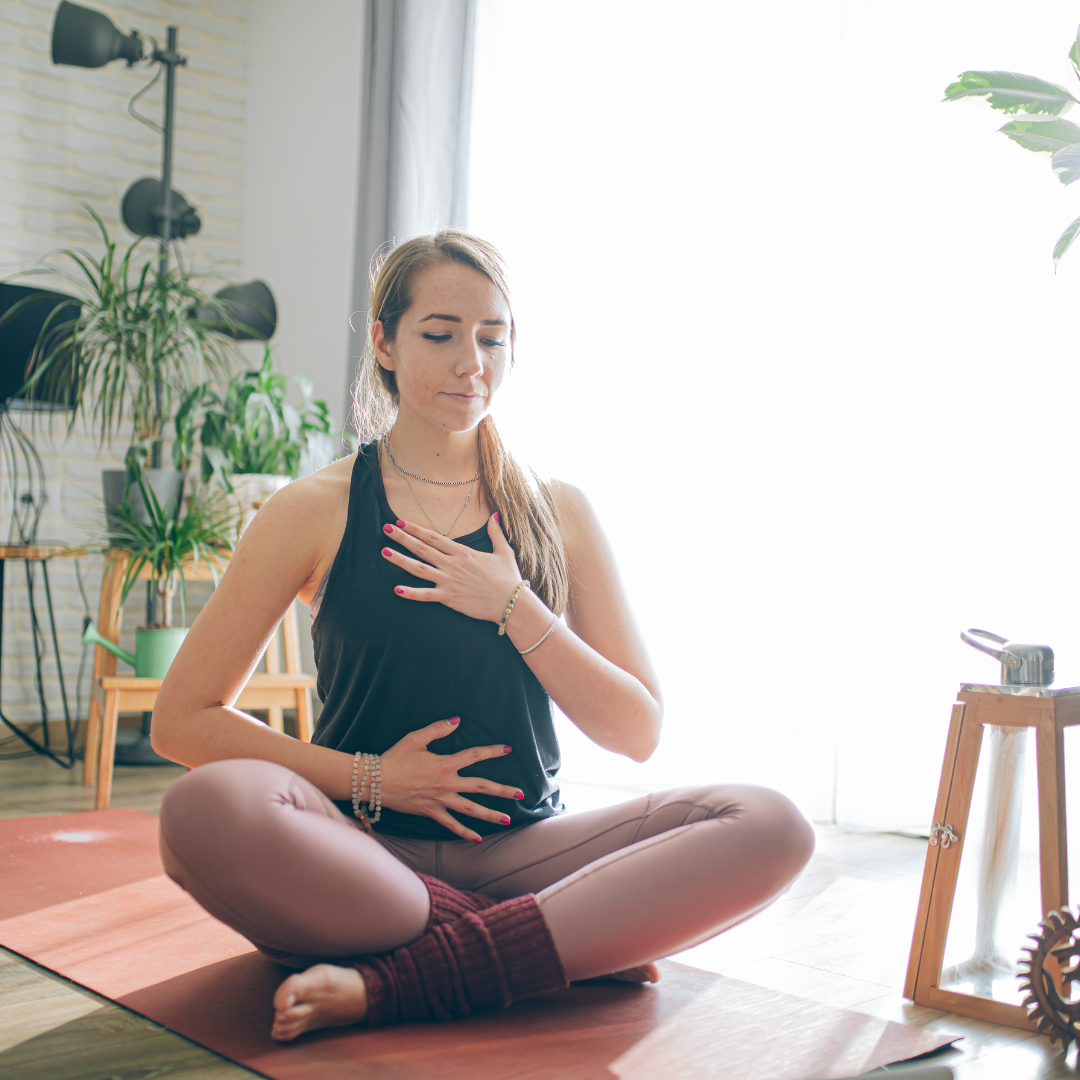The Cool Mom’s Guide to Tackling Postpartum Night Sweats
UNDERSTANDING POSTPARTUM NIGHT SWEATS: CAUSES AND SYMPTOMS

THE SCIENCE BEHIND POSTPARTUM NIGHT SWEATS
Postpartum night sweats are common for new moms and result from hormonal shifts after childbirth. As estrogen and progesterone levels drop quickly, the body’s temperature regulation system can become disrupted, leading to increased sweating, especially at night. The body also works to eliminate excess fluids retained during pregnancy, contributing to the sweating. Additionally, breastfeeding can trigger night sweats due to prolactin, the hormone responsible for milk production, which further influences fluid balance and sweating.
IDENTIFYING THE SIGNS IN A NEW MOM
New moms should watch for signs of postpartum night sweats, with the most noticeable being waking up soaked in sweat, even in a cool room. This intense sweating is most common during the first few weeks after delivery as the body adjusts hormonally and sheds excess fluids.
Other signs include:
-
1. Feeling hot and cold in cycles
Hormonal changes can cause sudden shifts between feeling overheated and chilled.2. Damp or wet pajamas and bedding
Sweating may leave clothes and sheets soaked, even in a cool room.3. Disrupted sleep due to sweating
Frequent sweating can interrupt sleep, adding to postpartum fatigue.4. Skin feeling clammy or sticky
Sweat can leave the skin feeling damp and uncomfortable, especially at night.
HOLISTIC STRATEGIES FOR MANAGING POSTPARTUM NIGHT SWEATS
Optimizing Lifestyle and Environment
Consider These Practical Tips:
1. Use a fan to circulate air
A fan increases airflow in the room, which helps lower the temperature and disperse heat, reducing sweating episodes.
2. Keep a cold water bottle nearby
Having a cold water bottle within reach lets you quickly cool down by applying it to your neck or wrists during a sweat episode.
3. Place a towel on your pillow and change it if needed
Laying a towel on your pillow absorbs excess sweat, keeping your bedding more comfortable; changing it when wet ensures a fresh, dry surface.
4. Take a cool shower before bed
A cool shower helps lower your body temperature, providing a calming effect and potentially reducing the intensity of nighttime sweats.
The Role of Nutrition and Hydration
A balanced diet is essential for managing night sweats, as it helps support hormonal balance and overall well-being. Incorporate plenty of fruits, vegetables, and whole grains, which provide vital nutrients and antioxidants. Lean proteins and healthy fats further contribute to a stable hormone environment. Additionally, including foods rich in phytoestrogens, such as soy products, along with flaxseeds, chia seeds, leafy greens, and berries, can help regulate estrogen levels and ease the intensity of night sweats.

Embracing Mindfulness and Relaxation Techniques
Stress can intensify night sweats, so managing stress with relaxation techniques is highly beneficial. Deep breathing exercises involve inhaling through your nose for four counts, holding the breath for four counts, and exhaling slowly through your mouth for four counts, repeated five to ten times as needed. A few minutes of daily meditation using available online resources or apps can also help relieve stress. Yoga, which combines physical movement with mindfulness, provides another excellent way to ease tension. Progressive muscle relaxation, where you tense and then relax each muscle group from your toes to your head, can further promote a sense of calm and reduce overall tension.

WHEN TO SEEK PROFESSIONAL HELP
Signs that night sweats are impacting well-being include:
1. Severe sleep disruption
Night sweats can break your sleep cycle, reducing the amount of deep, restorative sleep you get and leaving you feeling unrefreshed.
2. Daytime fatigue affecting daily activities
Interrupted sleep can lead to persistent tiredness, making it difficult to focus on work, household tasks, or enjoy leisure activities.
3. Anxiety or mood changes related to night sweats
The stress and discomfort of frequent night sweats may contribute to increased anxiety and mood swings over time.
4. Dehydration from excessive sweating
Excessive sweating at night can lead to significant fluid loss, and if not replenished, it may cause dehydration with symptoms like dizziness or a dry mouth.
Navigating Medical Options for Night Sweat Management
Hormone therapy may be recommended to balance estrogen levels and help reduce postpartum symptoms. Prescription medications can also be used to manage these symptoms effectively. In some cases, healthcare providers might suggest herbal supplements, but these should only be taken under medical supervision. Testing for underlying conditions is important to rule out any other contributing health issues, so be prepared to discuss your symptoms and any additional postpartum challenges you might be experiencing. Some doctors may even recommend alternative therapies like acupuncture or massage as part of a comprehensive treatment plan, making it essential to consult with your provider before trying new treatments.
Building a Supportive Network for New Mothers
1. Partner or family members
Having loved ones who understand can provide emotional support and help with daily tasks, easing the stress of dealing with night sweats.
2. Postpartum support groups
Connecting with other new moms in a support group can offer shared experiences, advice, and a sense of community during challenging times.
3. Lactation consultants
These professionals can provide guidance on breastfeeding, which may indirectly help manage symptoms related to hormonal fluctuations and night sweats.
4. Mental health professionals
Consulting with mental health experts can help address any anxiety or mood changes, ensuring you have the emotional support needed during the postpartum period.
Remember, postpartum night sweats are temporary. With the right approach and support, you can manage this challenge. You're not alone on this journey. Reach out, take care of yourself, and enjoy this special time with your new baby.

